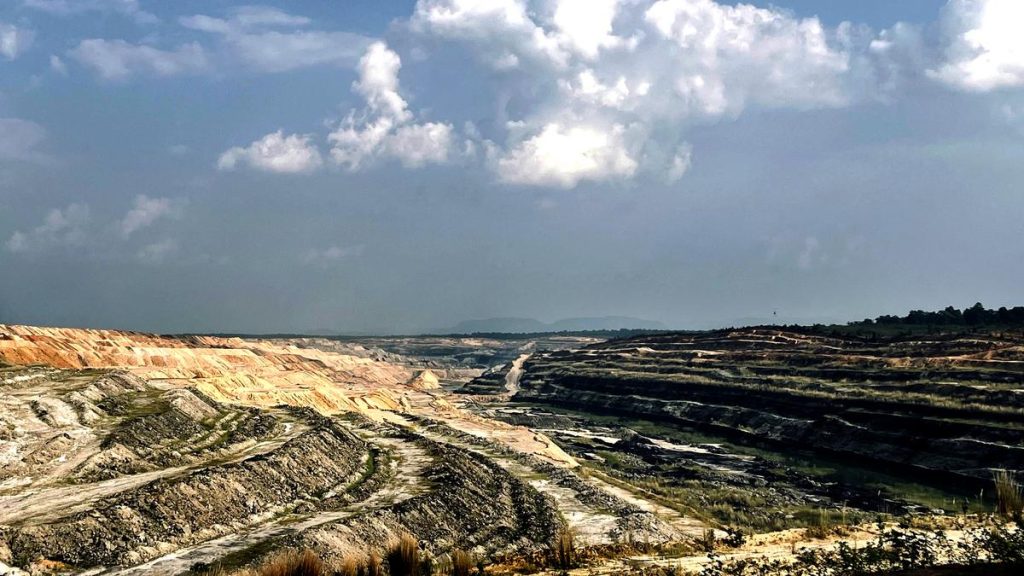Now Reading: Kerala Police Seek Legal Opinion on Case Against Adoor, No Evidence Found
-
01
Kerala Police Seek Legal Opinion on Case Against Adoor, No Evidence Found
Kerala Police Seek Legal Opinion on Case Against Adoor, No Evidence Found

Quick Summary
- Kerala Police received legal advice concluding that there is no ground to register a case against filmmaker Adoor Gopalakrishnan following remarks about prerequisites for State film funding.
- Social activist Dinu Veyil had lodged a complaint accusing Mr.gopalakrishnan of caste discrimination under the Scheduled Caste adn Scheduled Tribe (Prevention of atrocities) Act, 1989.
- The public prosecutor noted that Mr. Gopalakrishnan’s remarks did not constitute a casteist slur or target specific communities or individuals.
- Despite the legal opinion, activists plan to file petitions in court demanding prosecution, and government bodies continue investigating complaints.
- The Kerala Women’s Commission and the Scheduled Caste/Tribe Welfare Commission have sought reports on separate allegations of misogyny and discrimination linked to his remarks.
- Major political figures including CPI Secretary Binoy Viswam and CPI(M) leaders have weighed in as the controversy persists.
Indian Opinion Analysis
The legal opinion rejecting grounds for prosecuting filmmaker Adoor Gopalakrishnan underscores critical nuances in interpreting free expression versus alleged discrimination. While procedural legality appears clear with no prima facie evidence found to substantiate casteist intent, ongoing investigations by state bodies signal broader societal concern over equity in creative spaces. mr. Gopalakrishnan’s call for rigorous training raises questions about systemic barriers faced by marginalized groups and women in accessing resources.
This controversy highlights enduring sensitivities surrounding portrayal,inclusion,and historical inequities within cultural fields such as filmmaking. Regardless of its legal outcome, this debate could catalyze deeper discussions on ensuring fair access to state subsidies while addressing implicit biases within institutional frameworks.
For more details: Read More
























